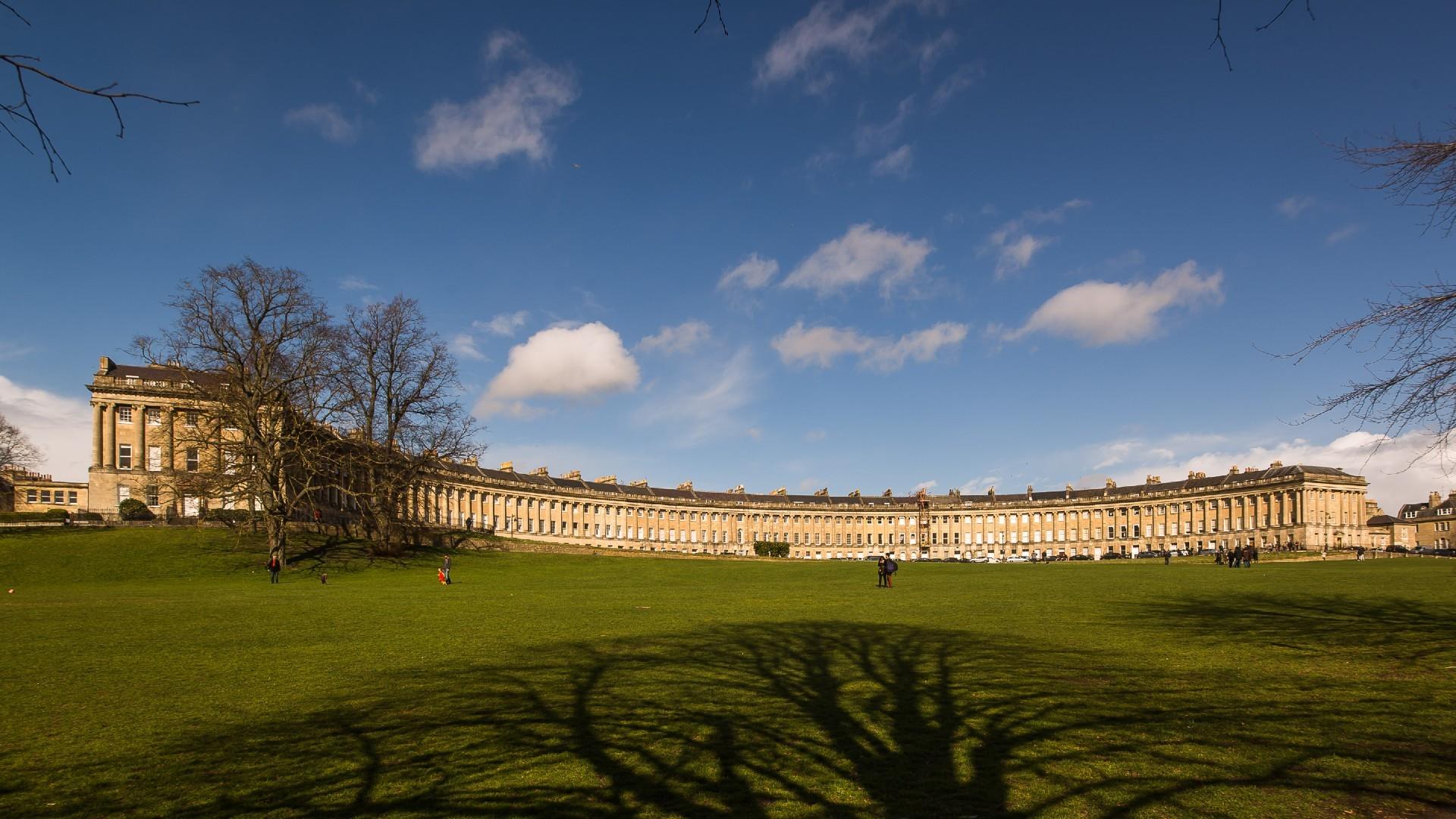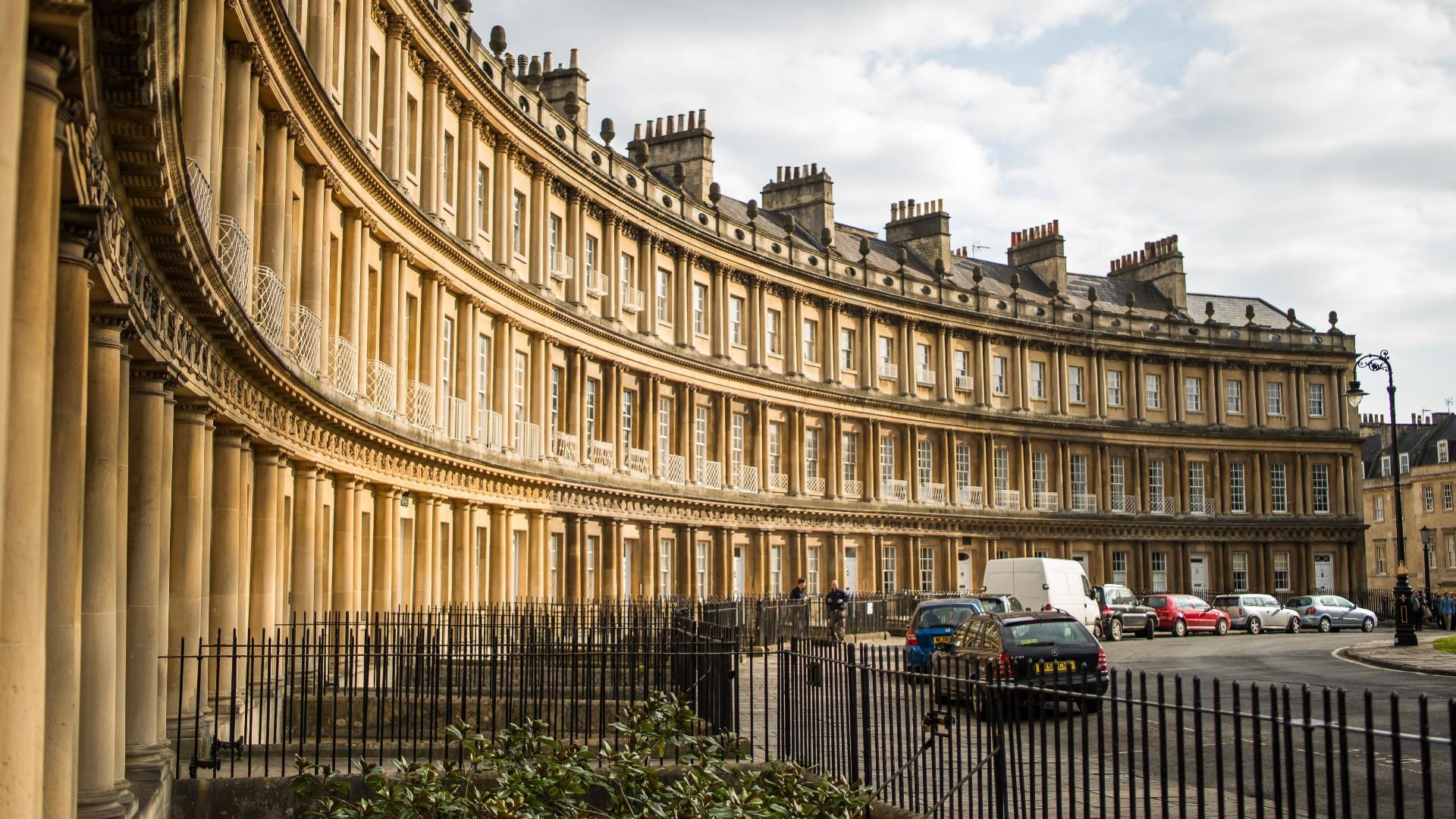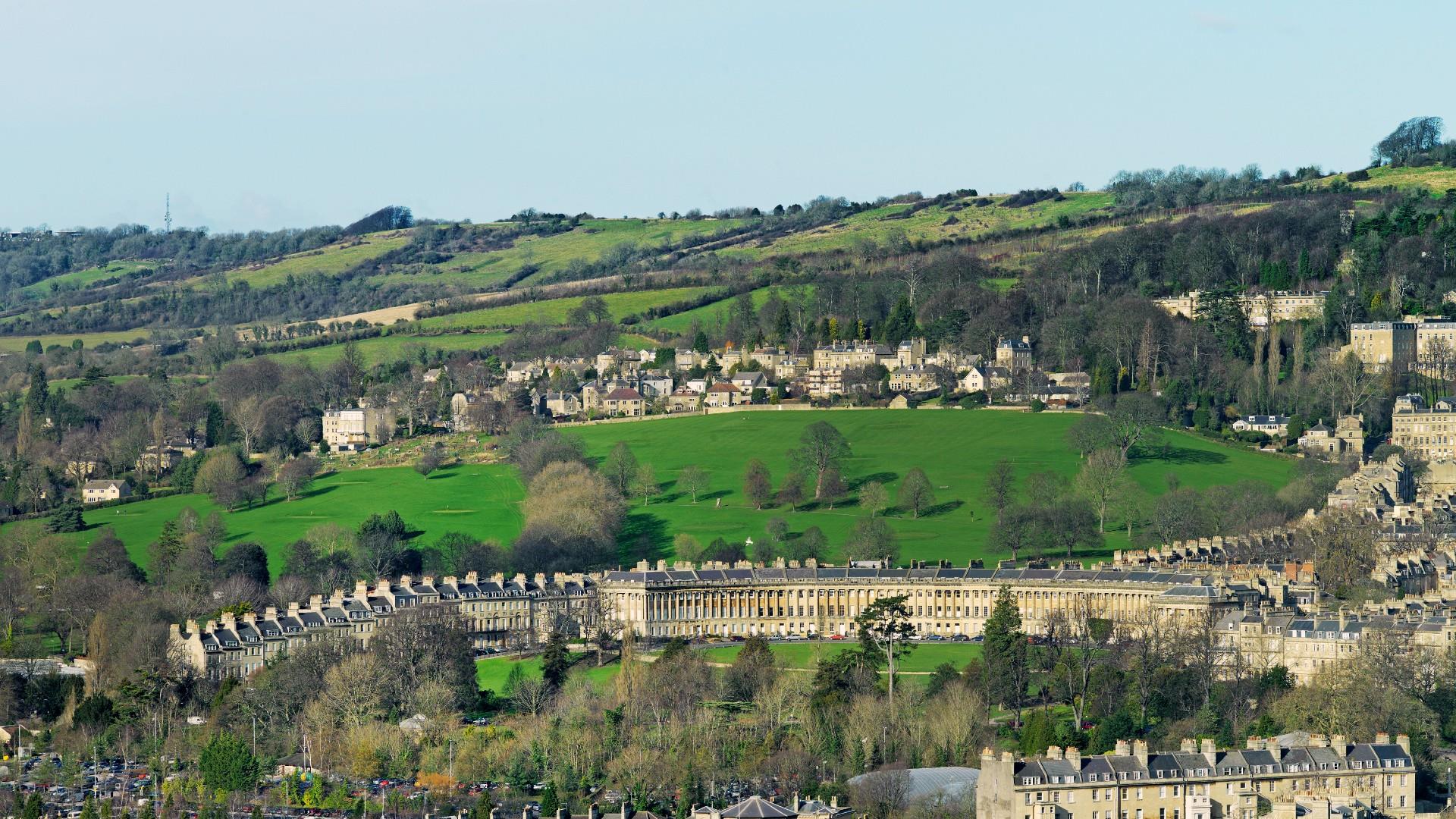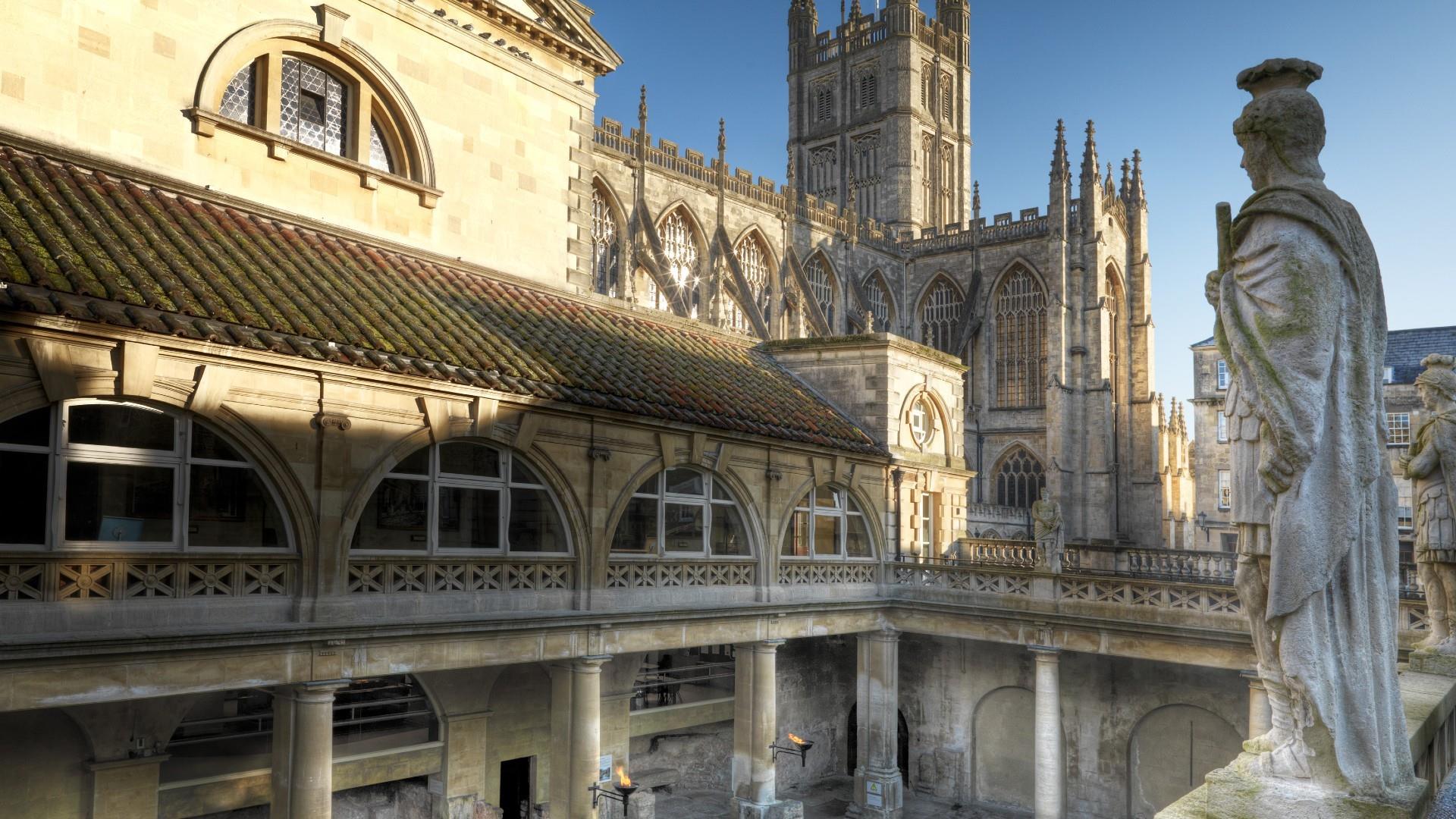Search & Plan Your Trip
 The Royal Crescent
The Royal Crescent Abbey Green
Abbey Green The Circus
The Circus
 Bath Roman Baths from above
Bath Roman Baths from above
Plan Your Visit
-
Stay
-
What's On
-
Things to Do
-
Food & Drink
-
Shopping
Stay
Things to Do
What's On
Food & Drink
Shopping
Learn all about Bath
- Think you know all there is to know about Bath? Here are 15 little-known facts about the city...
- Ever since its legendary beginnings, Bath has been home to a cast of colourful characters; from Anglo-Saxon royalty to an eighteenth-century dandy, these extraordinary historical figures each helped shape the city into what it is today...
- From ancient thermal springs to tranquil places to enjoy water in and around the city, and from modern day spas and spa hotels to tasting the mineral water, Bath’s history is closely tied to water. The city's second UNESCO inscription as part of the Great Spa Towns of Europe is testament to the importance of the waters in Bath's heritage.
- The city of Bath has a strong literary heritage, with authors past and present gathering inspiration from the city.
Tony Crouch, City of Bath World Heritage Site Manager, tells us about the Great Spa Towns of Europe project and what a second UNESCO inscription means for Bath.
From spectacular Georgian crescents to immaculate gardens, explore ten of the most stunning sights in Bath.
Bath's History and Heritage
- Bath is the only city in the UK to be a designated World Heritage Site in its entirety. In 2021, Bath received an exceptional second UNESCO listing as part of the Great Spa Towns of Europe.
- Bath’s iconic architecture is one of the many reasons why the city is a designated UNESCO World Heritage Site, from its Roman origins to the fashionable eighteenth-century designs that form many of the city’s most recognisable buildings.
- Bath is steeped in history. As well as being a vibrant and thriving twenty-first-century city, Bath is a living museum. History and heritage line the city’s streets.







